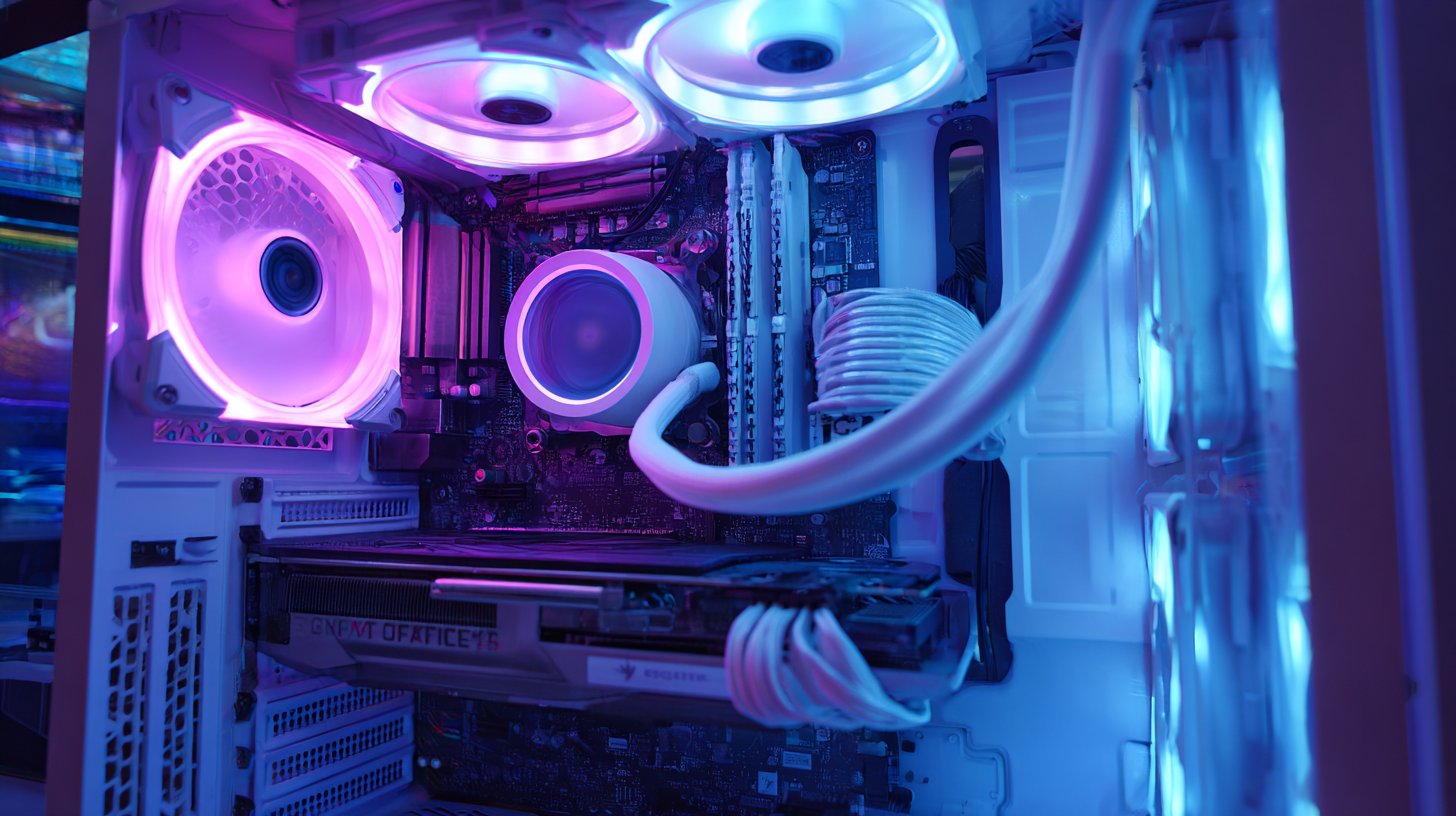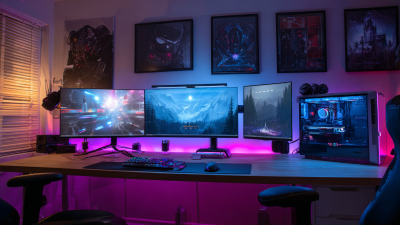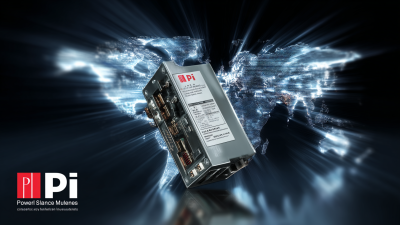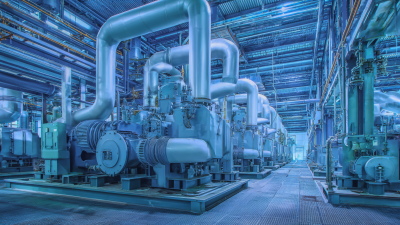Leave Your Message
- Phone
- E-mail
- Whatsapp


In the realm of competitive gaming, the performance of a gaming PC can significantly influence the overall experience and success rate of players. According to a recent report by IDC, high-end gaming PCs can enhance frame rates by up to 50%, leading to smoother gameplay and a more responsive experience. The ability to run demanding titles at higher settings not only improves visual fidelity but also minimizes lag and frame drops, critical factors that can determine the outcome of fast-paced games. Furthermore, a study by Jon Peddie Research indicates that gamers utilizing high-performance hardware are more likely to achieve better in-game performance, which can result in higher rankings and ultimately, more victories. As such, investing in a top-tier gaming PC is not merely about aesthetics; it is a strategic move that can unlock the full potential of gaming performance.
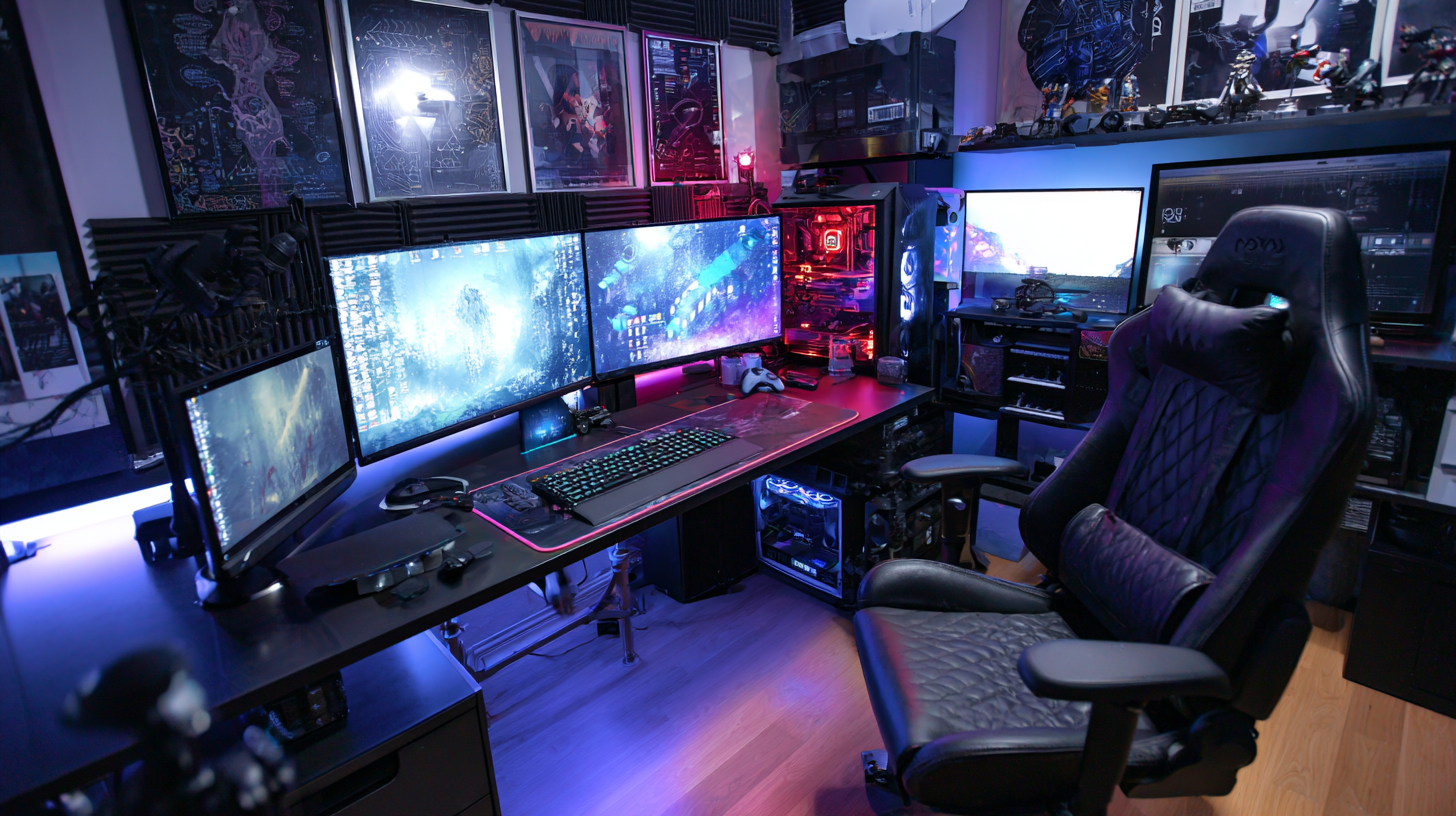
Upgrading to a high-end gaming PC can significantly enhance your overall gaming experience, providing benefits that go beyond mere graphical fidelity. One of the most compelling advantages is the boost in frames per second (FPS), which can lead to smoother gameplay and improved responsiveness. This means that in fast-paced games, players can enjoy a competitive edge by reacting more quickly to in-game events, ensuring that they stay ahead of opponents.
When considering an upgrade, it's crucial to focus on key components such as the graphics card and processor. A powerful graphics card can render visuals with stunning detail while maintaining high FPS, while a robust CPU ensures that other tasks run smoothly in parallel. Additionally, investing in an SSD for faster load times can further enhance your gaming experience.
Tips: When upgrading, assess your gaming preferences to prioritize the components that will benefit you the most. Moreover, don’t overlook the importance of monitoring software to track your system’s performance. Regularly updating drivers can also ensure optimal performance and stability in your newly upgraded rig.
When it comes to enhancing gaming performance, the hardware components of a high-end gaming PC play a pivotal role in maximizing frames per second (FPS). A powerful graphics card is arguably the most vital component, as it directly impacts the visual fidelity and frame output of games. Top-tier GPUs enable smoother gameplay and higher resolutions, allowing gamers to experience their favorite titles with breathtaking detail and speed. Opting for models with advanced technology, such as ray tracing and DLSS, can result in significant FPS gains, providing a competitive edge in fast-paced environments.
In addition to the graphics card, the CPU cannot be overlooked. A high-performance processor with multiple cores and threads ensures that the gaming system can handle intensive calculations and multitasking efficiently. This is especially important for resource-heavy games that require strong processing capabilities. Furthermore, incorporating sufficient RAM—ideally 16GB or more—can prevent bottlenecks and facilitate smoother performance during intense gameplay. Lastly, utilizing an SSD for storage significantly reduces load times, enhancing the overall gaming experience. By investing in these key hardware components, gamers can unlock a substantial boost in FPS, elevating their gaming prowess to new heights.
| Component | Impact on FPS (%) | Recommended Specs |
|---|---|---|
| CPU | 15% - 20% | Intel i7 or AMD Ryzen 7 |
| GPU | 25% - 35% | NVIDIA RTX 3070 or AMD RX 6700 XT |
| RAM | 5% - 10% | 16GB DDR4 3200MHz |
| SSD | 10% - 15% | NVMe SSD 1TB |
| Monitor Refresh Rate | Up to 15% | 144Hz or higher |
When comparing high-end gaming PCs to standard setups, the difference in frames per second (FPS) output can be significant. High-end gaming PCs, equipped with the latest processors and powerful graphics cards, can boost your FPS by up to 50%, providing a smoother and more immersive gaming experience. On the other hand, standard PCs often struggle with demanding titles, resulting in lower FPS and potential stuttering, particularly in graphically intense moments. This disparity is especially evident in fast-paced games like first-person shooters, where every millisecond counts.
**Tips:** To maximize gaming performance, consider investing in a high-quality GPU and CPU. Research recent benchmarks to identify the best components for your budget. Additionally, ensure your system is properly cooled; overheating can throttle performance and reduce FPS. Don't overlook the importance of sufficient RAM, as it plays a crucial role in multitasking and gamin performance.
In recent evaluations, advanced gaming systems have shown remarkable capabilities, handling titles like "Doom" with ease compared to their budget counterparts. Such performance is not only ideal for casual gamers but essential for competitive players who rely on quick reflexes and fluid visuals. By upgrading to a high-end setup, gamers can enjoy both enhanced visuals and the competitive edge necessary for success in today's gaming landscape.
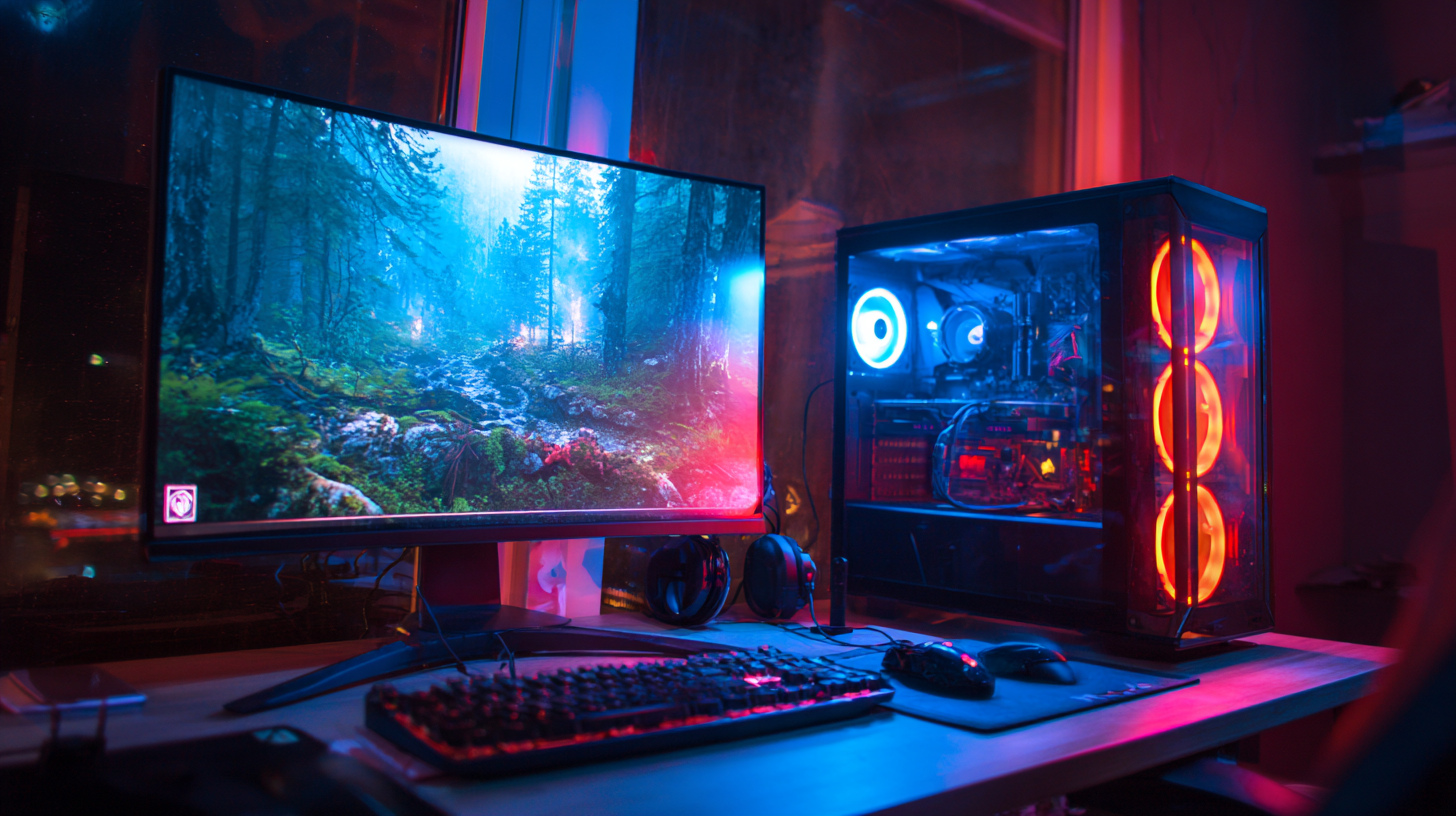
When it comes to gaming performance, the cooling system and power supply unit (PSU) play crucial roles that are often overlooked. A high-end gaming PC can be hampered by inadequate cooling, leading to thermal throttling, where the CPU or GPU reduces performance to prevent overheating. Effective cooling solutions, such as liquid cooling systems or high-performance air coolers, ensure that the components maintain optimal temperatures, which allows them to run at higher clock speeds for extended periods. This can significantly enhance the frames per second (FPS) in demanding games, giving players a smoother and more enjoyable experience.
Similarly, a reliable power supply is essential for delivering stable and sufficient power to each component. An underpowered or low-quality PSU can lead to power spikes, which might cause crashes or even damage the hardware. For gamers, investing in a high-quality PSU not only ensures that their setup runs efficiently but also provides the necessary headroom for potential upgrades in the future. By understanding and prioritizing these elements, gamers can unlock the full potential of their high-end systems, potentially boosting their FPS by up to 50% and achieving a superior gaming experience.
This bar chart illustrates the estimated FPS improvement when upgrading key components in a high-end gaming PC. The data shows a potential increase in frames per second due to better cooling systems and power supplies.
To truly maximize FPS on high-end gaming PCs, optimizing both settings and software is essential. Start by ensuring that your graphics drivers are up to date. Manufacturers like NVIDIA and AMD frequently release updates that enhance performance and compatibility with the latest games. Additionally, tweaking in-game settings—such as lowering shadows and adjusting texture quality—can yield significant FPS improvements without drastically compromising visual quality.
Moreover, utilizing software tools like game optimization suites can help in managing system resources efficiently. These applications can automatically configure game settings based on your hardware capabilities, freeing up valuable resources for better performance. Monitoring system temperature and performance using tools like MSI Afterburner can also prevent thermal throttling, ensuring your hardware runs at peak efficiency. By combining these strategies, gamers can experience a substantial boost in frames per second, ensuring a smoother and more immersive gaming experience.
